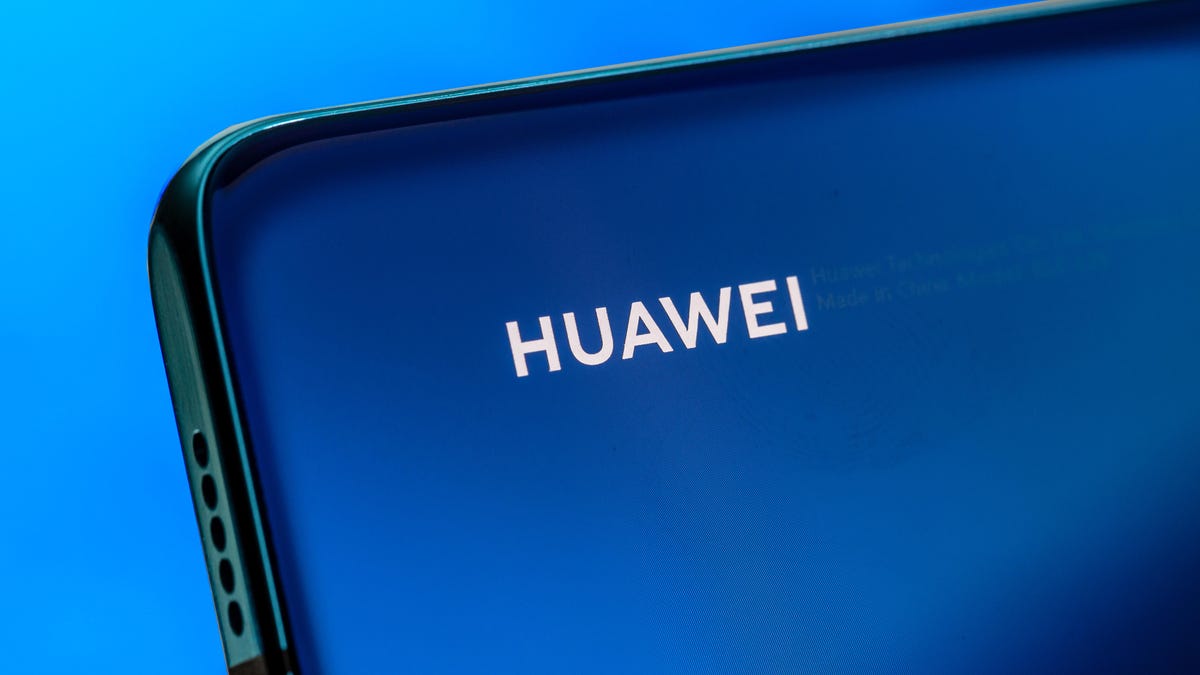Huawei, Xiaomi, Vivo and Oppo reportedly to join forces against Google Play Store
The four companies will allow developers to upload apps simultaneously to all of their app stores, according to Reuters.

Last year Huawei had the unpleasant experience of launching a flagship phone, the Mate 30 Pro, with no support from Google's Mobile Services. It ran Android, which is open source. But no Google apps worked, nor did apps like Uber, which rely on Google apps ( Maps , in Uber's case). Instead of the Google Play Store, Huawei offered its own AppGallery. Devoid of most of the apps you know and love, it was a sordid software affair.
The company is hoping to be more prepared in 2020. It will work with three other Chinese electronics giants -- Xiaomi , Oppo and Vivo -- to compete against the Google Play Store, according to a report from Reuters. The four brands (Vivo and Oppo are both owned by the same company, BBK Electronics) will work together to make it possible for developers to upload apps onto all of their app stores simultaneously.
If you're an Android user, you've probably noticed that whatever phone you use has a branded app store on top of the Google Play Store you download your apps from. Samsung has its own Galaxy Store, for instance. These four Chinese companies have the Xiaomi Market, App Market (Oppo), Vivo App Store and the aforementioned AppGallery (Huawei) as their very own app stores. These branded ecosystems are far more important in China, where users don't have the option of using the Google Play Store.
The idea of this initiative, which Reuters reports will be called the Global Developer Service Alliance (GDSA), is to pool together the four companies' user bases to encourage more developers to upload their wares onto the joint platform. GDSA was originally scheduled to launch in March, according to Reuters.
However a Xiaomi spokesperson told Reuters the company is only working with Oppo and Vivo, excluding Huawei. A Vivo spokesperson said similar to CNET: "The Global Developer Service Alliance is designed to provide developers with a streamlined process and convenient tool to present and promote their apps on the Vivo, Oppo and Xiaomi brand app stores. Developers can upload their apps once and they will appear on these brands' respective app stores."
Xiaomi and Google were contacted but did not respond. Huawei and Oppo declined to comment.
"This will be an important step for Chinese brands as they look to reduce dependence on Google and more so US companies in light of the US-China trade war and fear of cutting access to leading technologies," said Counterpoint Research analyst Neil Shah.
President Donald Trump blacklisted Huawei last May with an executive order for allegedly having links to the Chinese government. The ban bars Huawei from using US technology, including Qualcomm chips (though most of Huawei's processors are made in-house) and Google software.
"These cash-rich companies have significant power to attract developers to their platform and build a parallel ecosystem," Shah said, pointing to Huawei's burgeoning HarmonyOS operating system.
Though their presence is limited in the US, Huawei, Xiaomi, Oppo and Vivo accounted for 40% of all global phone sales in 2019, according to Counterpoint research.
Originally published Feb. 7.
Update, Feb 11: Adds comment from Vivo.

